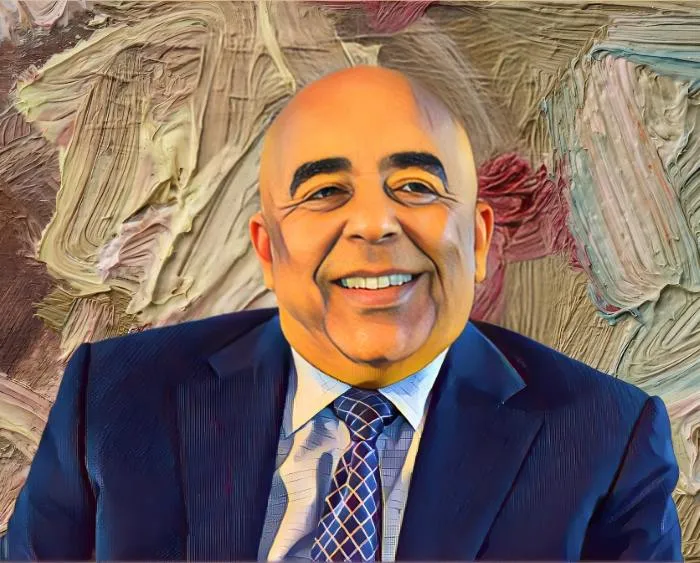Table of Contents
Key Points
- Yérim Sow faces fraud allegations in business holdings.
- Benin issues arrest warrants amid crackdown on economic crimes.
- The case raises questions about Senegal’s diplomatic response.
Senegalese businessman Habib Yérim Sow, a prominent entrepreneur with extensive investments in real estate, telecom, and finance, is the subject of an international arrest warrant issued by Benin’s Ministry of Justice. Sow, alongside his collaborator Yigo Faly Thiam, is accused of orchestrating fraudulent financial practices that have caused significant economic harm in the region.
The charges stem from a December 2021 ruling by the First Instance Court of First Class in Cotonou, where both men were convicted of crimes including the fraudulent overvaluation of in-kind contributions and failure to produce financial statements. The court sentenced them to five years imprisonment.
Implications for regional economic stability
Beninese authorities assert that the alleged actions of Sow and Thiam have undermined trust in the regional economic and judicial systems. By issuing the arrest warrant, Benin seeks to send a strong message that financial malpractices will not be tolerated.
“This decision demonstrates our commitment to fighting economic crimes that destabilize our financial ecosystem,” the Ministry of Justice stated.
The accusations also raise broader concerns about the integrity of regional trade partnerships and investor confidence. Analysts suggest that the case could serve as a precedent for handling economic crimes in West Africa.
Yérim Sow’s business influence under scrutiny
Yérim Sow, founder and key shareholder of the Teyliom Group, is a well-established figure in West African business circles. His company specializes in real estate, telecommunications, and finance, with assets reportedly exceeding $500 million. Sow’s influence spans multiple sectors, making the allegations against him particularly significant for the region’s economic landscape.
The case has drawn considerable attention in Senegal, sparking debates on how authorities should respond to the warrants against their citizen. The political and economic ramifications may strain Senegal-Benin relations, with potential consequences for regional diplomacy and business ties.
Strengthening compliance and transparency
Benin’s approach highlights a growing emphasis on combating financial crimes and ensuring adherence to moral and legal standards within enterprises. The government’s decision to pursue high-profile figures like Sow and Thiam underscores its commitment to protecting the financial space from exploitation.
The case is expected to encourage greater compliance among regional businesses, signaling a shift toward enhanced legal and economic transparency. Entrepreneurs across West Africa are now under increased pressure to ensure proper governance and accountability in their operations.
A turning point in economic crime enforcement
The issuance of the international arrest warrant marks a pivotal moment in West Africa’s fight against economic malfeasance. By taking a firm stance, Benin aims to reinforce investor confidence and uphold the rule of law, setting a precedent for tackling similar cases in the future.
As the legal process unfolds, the repercussions for Yérim Sow, his businesses, and regional relations will be closely watched, potentially shaping the future landscape of economic governance in West Africa.







